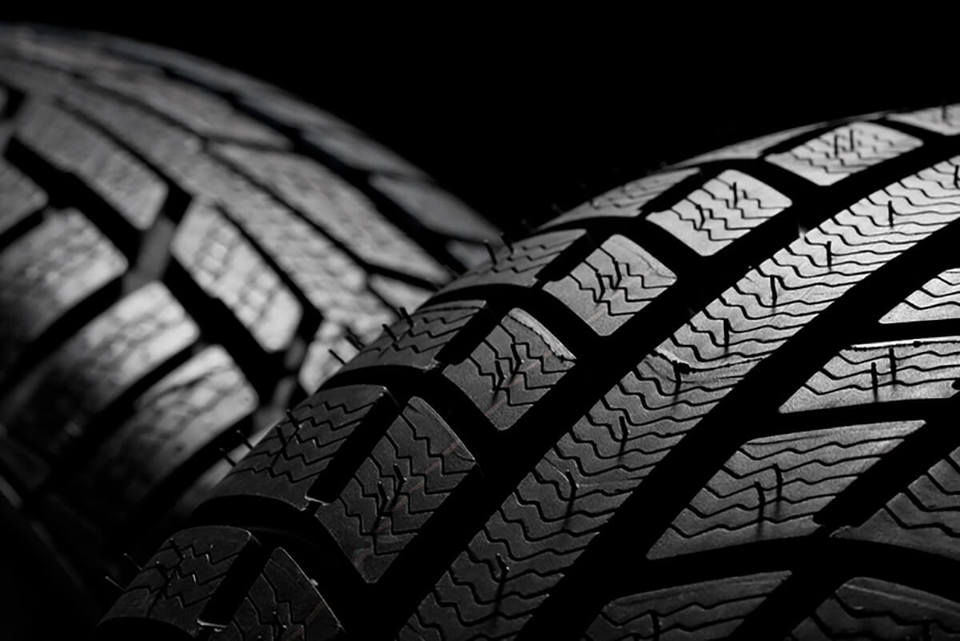Businesses are breathing a sigh of relief after Chancellor of the Exchequer George Osborne axed next month’s fuel duty rise which could have added almost 5p to the price of a litre of petrol and diesel and replaced it with a surprise 1p a litre duty cut - but the cost pressures facing organisations remain immense.
However, even under fire from the rate of inflation increasing to 4.4%, up from 4% in January and average fuel prices having risen by almost 20% (diesel) and 15% (petrol) in the last 12 months, there is much that fleet bosses and their company car and van drivers can do to mitigate the impact on operating budgets.
A key area for focus should be optimising company car and van tyre wear - particularly when tyre replacement on an average company vehicle over three years/60,000 miles typically accounts for a third of the model’s maintenance budget, says Peter Lambert, sales director of Kwik-Fit Fleet.
“If drivers are educated to look after their vehicle tyres in accordance with best practice and other straight-forward advice is followed to keep costs in check then fleet operational budgets will not escalate out of control,” said Lambert. “Indeed most if not all of the cost pressures can be offset through good management and the communication of ‘top tips’ to drivers.”
For example, motor industry data suggests:
- Incorrectly inflated tyres can increase fuel consumption by up to 10% thereby costing money and endangering lives. Tyre pressures should be checked at least once a month
- Running tyres that are under-inflated by 20% of the recommended tyre pressure level can reduce a tyre’s life by up to 30% thus signficantly increasing tyre use during a vehicle’s fleet lifecycle
- Over-inflated tyres also result in accelerated wear on the tread centre as well as making them more susceptible to impact damage
- Keep to speed limits - driving at 70 mph rather than 85 mph on a motorway uses 25% less fuel and reduces carbon dioxide emissions
- Fleets can prolong tyre life, boost fuel economy and improve the road safety of their company cars and vans by inflating tyres with nitrogen instead of air.
In relation to inflating tyres with nitrogen, which is available at Kwik-Fit centres, instead of air, a study by the Department of Transportation’s National Highway Traffic Safety Administration (NHTSA) in the United States concluded: “The primary result expected from nitrogen inflation is to enhance retention of tyre pressure over time, which will help maintain tyre performance properties such as rolling resistance, handling, and durability.”
In the 90-day static laboratory NHSTA test, the inflation pressure loss for new tyres inflated with nitrogen was approximately two-thirds of the loss rate of new tyres inflated with air.
Meanwhile, tyre manufacturers are applying ‘double-digit’ price rises to tyres this year principally due to a increases in the cost the raw materials used in tyre production namely rubber and crude oil; rising demand for motor manufacturers for tyres particularly to meet new car demand in emerging markets and an increase in demand for winter tyres throughout Europe, especially in Germany - where they have been made compulsory..
Lambert said: “The Chancellor’s Budget decision not to press ahead with the 1p above inflation rise in fuel duty that would have added almost 5p to the price of a litre of petrol and diesel is welcome even though pump prices remain exceptionally high. But with continuing uncertainty in the main oil producing region of the Middle East and North Africa no respite in the relentless rise can be expected.
“Similarly, with tyre prices increasing at unprecedented levels it is essential that fleet chiefs and drivers regularly check that tyres are correctly inflated and employees adopt an eco-friendly driving style to maximise fuel usage and tyre life thereby ensure operating budgets remain under control.”














Login to comment
Comments
No comments have been made yet.